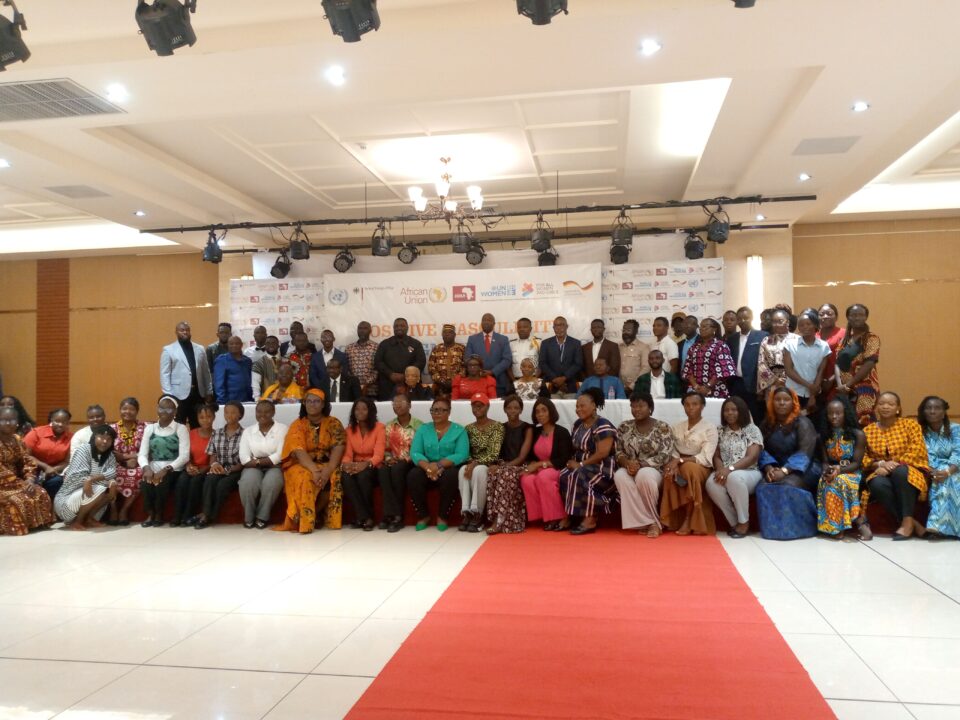African Women Leadership Network (AWLN) Liberia Holds Dialogue
By Alfred Kollie, alfredkolliejr92@gmail.com
The African Women Leadership Network (AWLN) Liberia Chapter has concluded a one-day high-level dialogue in Monrovia, bringing together stakeholders from across sectors to discuss “Positive Masculinity: Changing Minds, Changing Attitudes Towards Women’s Leadership.”
The event aimed to promote inclusive national development by engaging men in the fight for gender equality and fostering an environment where women can fully participate in leadership and decision-making processes.
Established in 2029, the AWLN Liberia Chapter is chaired by Ambassador Marjon V. Kamara former Liberia Minister of Foreign Affairs.
Ambassador Kamara emphasized that the organization’s core mission is to promote women’s participation in national transformation, particularly in leadership roles.
Former Liberian President Ellen Johnson Sirleaf, delivering remarks at the dialogue, expressed concern that Liberia continues to lag behind in achieving gender equality.
She highlighted the importance of advocacy and engagement in all spheres including governance, peace and security, and women’s entrepreneurship.
“We want men to see everyone as equal,” Madam Sirleaf said. “It’s time to go beyond slogans and address the real issues that hinder women’s progress.”
Representing Vice President Jeremiah Kpan Koung, Liberia’s Minister of Justice, Cllr. N. Oswald Tweh, described the dialogue as a “critical step in transforming the social fabric” and redefining what it means to be a man in Liberian society and beyond.
Cllr. Tweh noted that harmful social norms around masculinity continue to drive gender-based violence.
He challenged men to embrace positive masculinity—defined by accountability, emotional intelligence, and gender equality.
“Redefining strength is not about dominance,” he said, “but about accountability and the ability to nurture, support, and protect.”
UN Women Country Representative Ms. Comfort Lamptey also spoke, stressing that masculinity, like gender roles, is not fixed and can evolve.
She called for equal rights and opportunities for women, urging a shift from simply uplifting women to ensuring systemic equality.
Liberia’s Minister of Gender, Gbeme Horace Kollie, called on “HeForShe” champions in leadership positions to take bold steps to bring qualified women into decision-making spaces.
She emphasized that women’s leadership is not just a matter of justice but a strategic advantage for national development.
“A nation’s growth and prosperity are directly tied to the equal contributions of all its citizens, regardless of gender,” Minister Kollie said.
“We need men to actively create space for women to lead.”
The dialogue closed with a unified call for increased awareness, cross-sectoral advocacy, and a national commitment to promoting positive masculinity and women’s leadership across Liberia.

